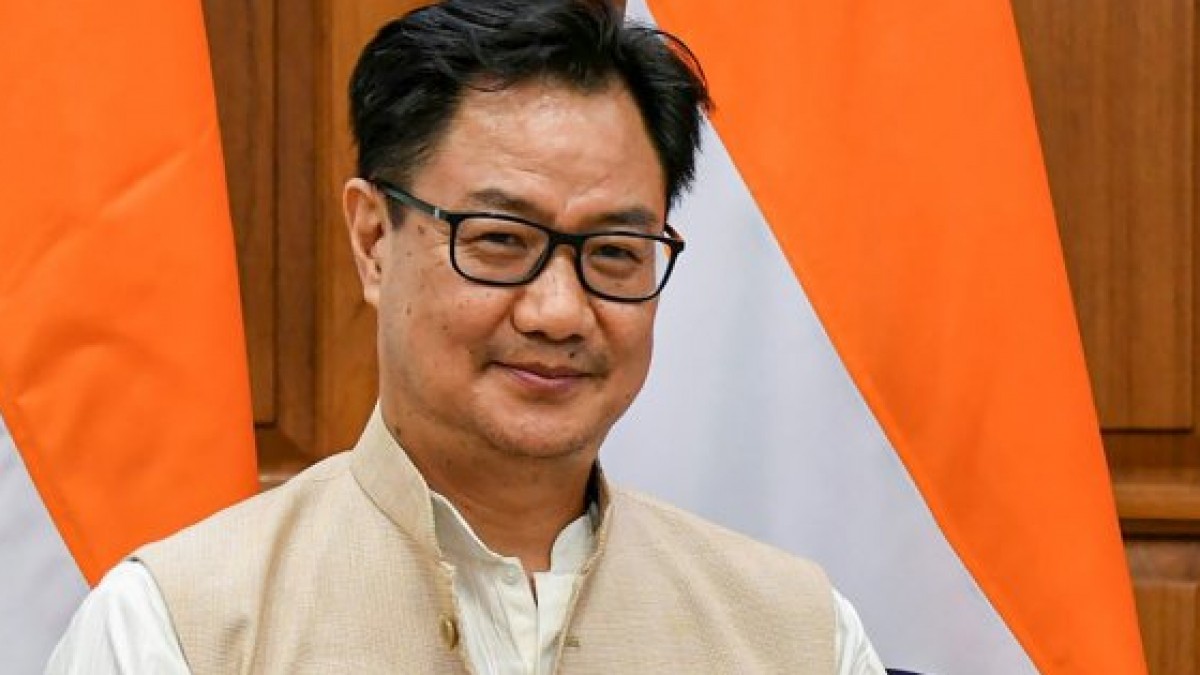NEW DELHI, (Reuters) – Senior officials in India’s government have said they want to have a bigger role in choosing judges, a demand several lawyers and judges say threatens the independence of the judiciary. Judges for the Supreme Court and the 25 high courts across India are appointed through a quarter-century-old mechanism that involves both sitting judges and government officials. A group of senior judges, known as the collegium, puts up candidates’ names to the Law and Justice Ministry, and these names are approved if they clear security checks.
A senior official in the ministry said the government is seeking a role in selecting the candidates and was not satisfied with being involved only at the concluding stage. The official declined to be named because he was not authorised to speak to the media. The government has recently held back on approving several candidates, without giving a reason.
On Thursday, the Supreme Court made public the government’s reasons for rejecting the names of five candidates as judges of several high courts, and reiterated its recommendation for their appointment.
The court cited as a reason for one of the rejections that the candidate was critical of the government. It gave no reason as to why it had made the decisions public. Officials in the Law Ministry were not immediately available for a response to the court’s action.
Retired judges and lawyers welcomed the top court’s move to make such details public.
“For the first time we are being told the reasons of the government for rejecting the recommendations and the public can themselves judge the merits of the reasons,” said Sanjoy Ghose, a senior lawyer.
Law Minister Kiren Rijiju said in parliament last month that 165 high court judges were appointed last year against 331 vacancies.
The government recently told the Supreme Court that 44 more judges were likely to be appointed this month.
Rijiju has said the current system of appointing judges is opaque. “I am not critical about the judiciary or the judges, but I state a fact which is the reflection of the thinking of the common people of India,” he told a news channel.
Rijiju’s office said this week that the minister was waiting for a response from the chief justice, the country’s highest judge, to the government’s demand to review the structure of the collegium. A bill passed by parliament to change the process was rejected by the Supreme Court in 2015.










